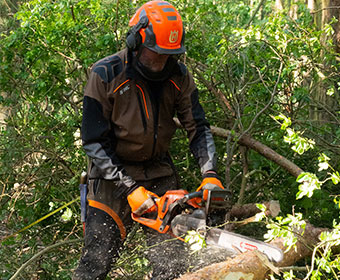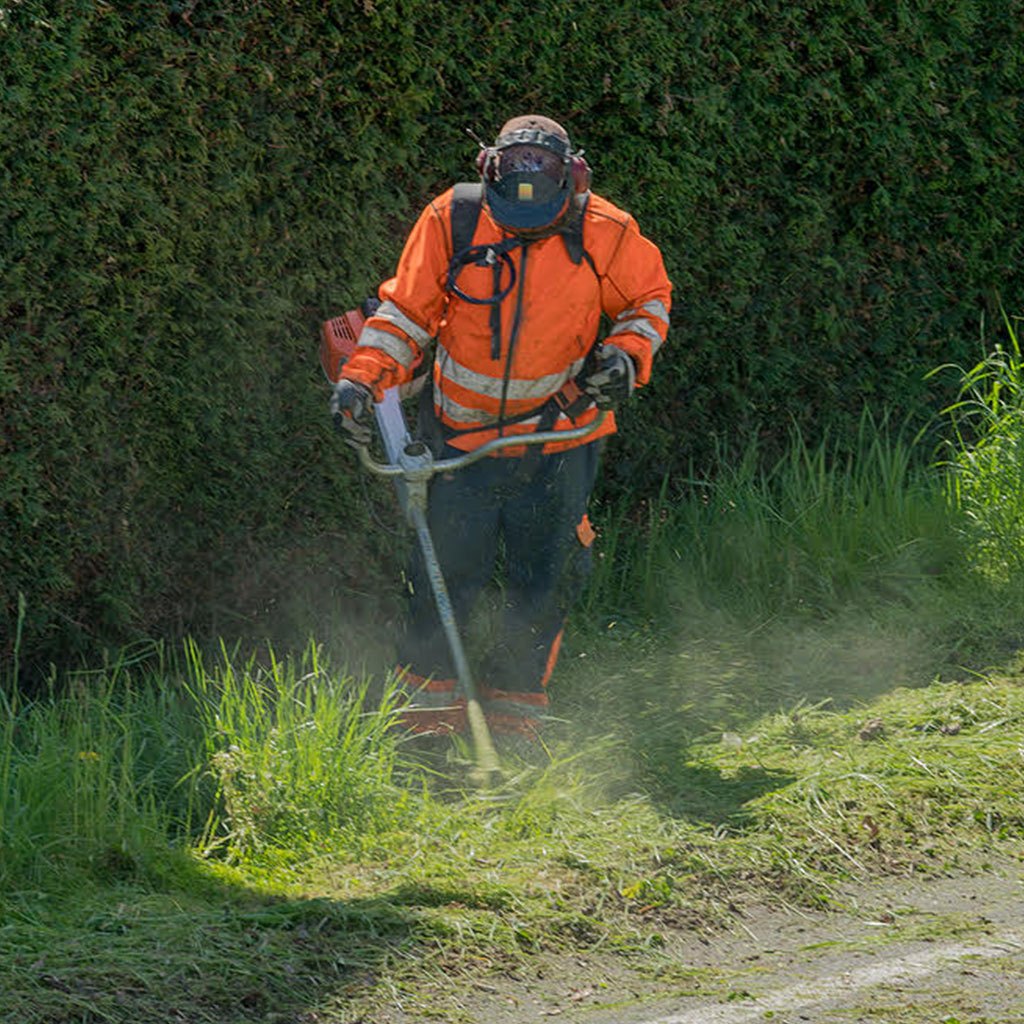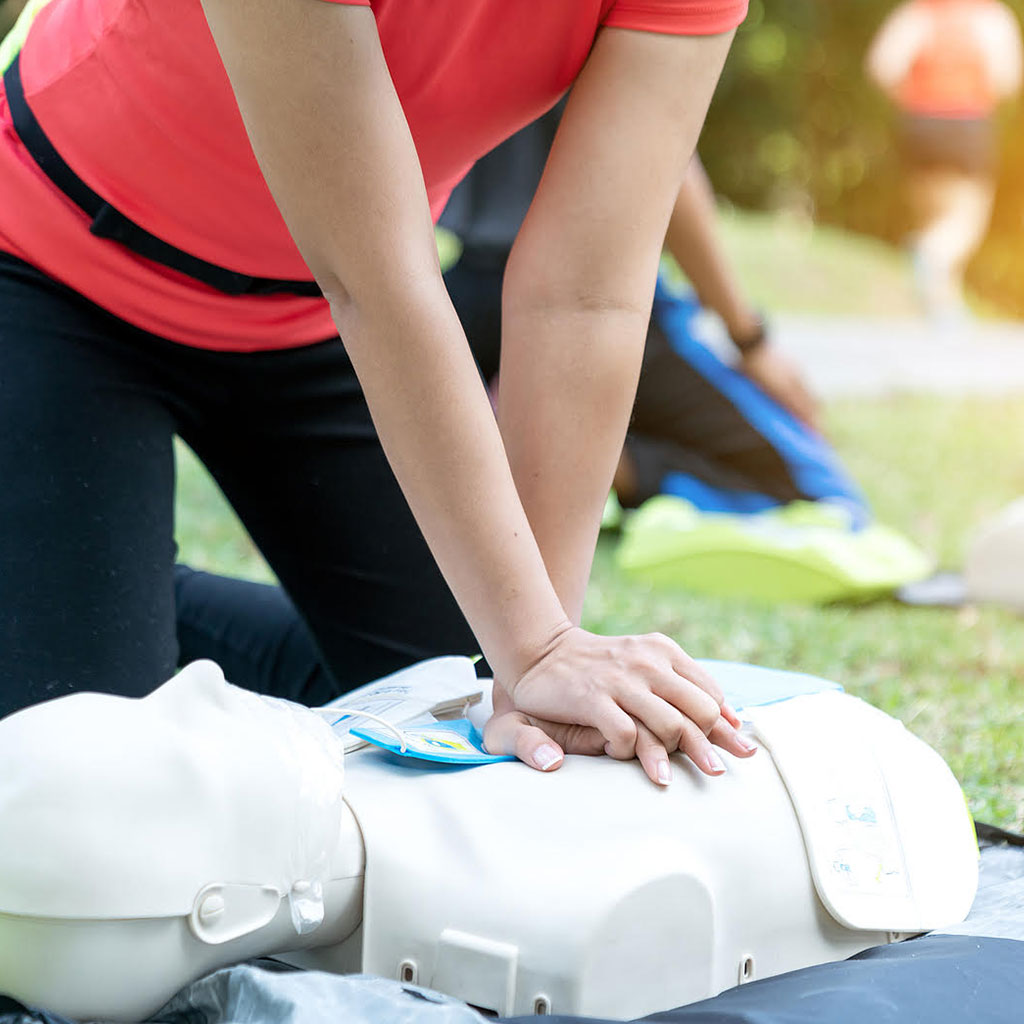level 2 certificate of competence in TREE CLIMBING and RESCUE
(C&G NPTC) 0039-22

Course Overview:
Unit 203 Tree Climbing and Aerial Rescue
This course is for individuals who climb trees as part of their work in arboriculture, forestry or other industries. The 5 days training will provide the knowledge, understanding and skills required to climb trees and perform aerial rescue safely and to industry standards in line with current legislation. Topics covered include risk assessment, emergency planning, legislation, industry best practice, environmental considerations, tree condition and working at height assessments, equipment and systems, tree climbing, aerial rescue by climbing, rescue plan and implementation.
To gain this qualification candidates must successfully complete their one-to-one practical assessment with oral questioning by an NPTC City & Guilds approved assessor.
Course Objectives:
- Understand risk assessments of tree climbing operations.
- Select and inspect a range of tree climbing equipment and personal protective equipment (PPE).
- Safe working practices and tree access techniques.
- Gain an understanding of pre-climb inspection and carry them out.
- State the Working at Heights Regulations.
- Prepare a Plan of Work.
- Learn the animal species covered by the Wildlife and Countryside Act when climbing trees.
- Legal, environmental factors and requirements of LOLER legislation.
- Types of rope, cord and carabiners used.
- Effects on the tree when using climbing irons.
- Set up a climbing system, safely climb the tree and establish anchor points.
- Branch walking techniques.
- Aerial rescue techniques.
- Key elements of a rescue plan
- Information required by emergency services.
- Tree and pole rescues with a 2 or 3 person team.
- Alternative rescue methods.
- Basic First Aid Principles (BRAB).
- Actions to take after rescue.
“It is recommended candidates hold a current Emergency First Aid at Work certification. All tree climbing and access equipment must meet legislative requirements and industry good practice guidance. Assessor must have sufficient equipment to carry out an aerial rescue PPE in accordance with industry good practice guidance. If working on a remote site; a mobile phone or radio and vehicle suitable to transport an injured person site-specific risk assessment signing, lighting and guarding as appropriate.”
You should have a good level of fitness to carry out the practical elements of this training course safely.
Candidates MUST have their own tree climbing equipment which complies with LOLER Regulations. This means providing a receipt of purchase if equipment is less than 6 months old. Or, produce evidence the equipment has been thoroughly examined by a “competent person” in the last 6 months, and inspected weekly with an accompanying record which can verify this.
Equipment:
Our instructor has provided the following kit recommendation.
- Approved tree climbing harness in good condition, CE marked with leg loops
- 2 x Climbing ropes – minimum 11.7mm, 35-50m long required with manufacturers eye and without any defects
- 6 x self-locking 3 movement Karabiners
- Friction device for each main line and short strop, either mechanical or rope ie zigzag or prussik loops
- Spare prussik loop for rescue
- 1 x adjustable strop for climbing and rescue recommended 5m in length must have a manufacturers eye
- 1 x Set of climbing spikes
- Teufeleberger multi saver 2m
- 1 x Steel core flip line 3m or 5m with adjuster and soft link for cutting
-
Knife with retractable blade or handsaw
Personal Protective Equipment:
- Safety helmet (the HSE Arboriculture and Forestry Advisory Group (AFAG) recommends a mountaineering-style helmet complying with BS EN 12492)
- Eye protection complying with either BS EN 1731 or BS EN 166
- Gloves appropriate to the task and subject to the operator’s risk assessment
- Protective boots with good grip and ankle support complying with BS EN ISO 20345
- Non snag outer clothing. The use of high-visibility clothing may also be appropriate.
- Personal first-aid kit, incorporating a large wound dressing, barrier gloves, plasters and a whistle
Location:
Woodland in Essex
Duration:
Total 6 days (5 days training plus one-day assessment)
Cost:
£780 + £120 vat = £900
How to book:
Contact us for more information and details of group bookings (up to 4 candidates)
Tree Climbing & Rescue With DJ Gemmill In Essex
DJ Gemmill is a Lantra and City & Guilds approved training provider operating across the Essex area. This means we can offer excellent chainsaw and tree climbing & rescue training enabling you to gain your qualification in the best possible way. When you’re choosing a training provider for your NPTC Award Certificate of Competence we want you to choose one that is partnered with the largest recognised skills organisation in the UK. DJ Gemmill has the knowledge, experience and backing to deliver nationally approved Lantra and City & Guild courses. Our instructors, tutors and assessors have many years experience and our classes always have a small number of candidates. We believe in getting the most out of you to make sure you are ready to competently operate a chainsaw safely.
Interested? Get in contact and we can talk you through your options.
Other Lantra and City & Guild Courses
We also offer other Lantra and City & Guild Awards across other industries.
Address
Sayers Farm, Lower Bovinger Green, Ongar, Essex
CM5 0NE
Call Us
Training - 07832 968507
Farm - 07802 858376




